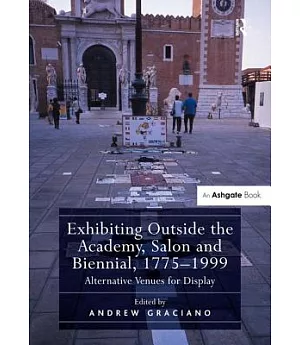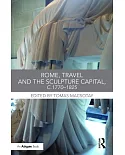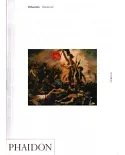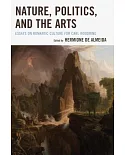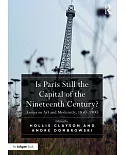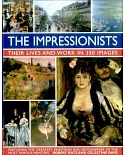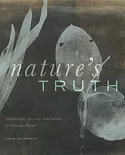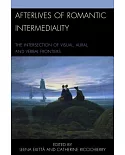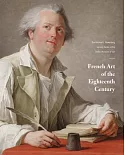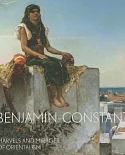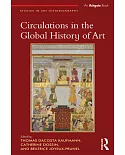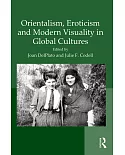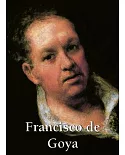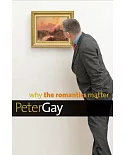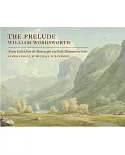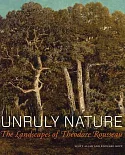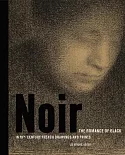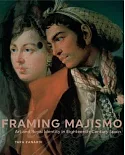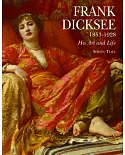In recent years, there has been increasing scholarly interest in the history of museums, academies and major exhibitions. There has been, however, little to no sustained interest in the
histories of alternative exhibitions (single artwork, solo artist, artist-mounted, entrepreneurial, privately funded, ephemeral, etc.) with the notable exception of those publications that deal
with situations involving major artists or those who would become so - for example J.L. David’s exhibition of Intervention of the Sabine Women (1799) and The First Impressionist Exhibition of
1874 - despite the fact that these sorts of exhibitions and critical scholarship about them have become commonplace (and no less important) in the contemporary art world. The present volume
uses and contextualizes eleven case studies to advance some overarching themes and commonalities among alternative exhibitions in the long modern period from the late-eighteenth to the
late-twentieth centuries and beyond. These include the issue of control in the interrelation and elision of the roles of artist and curator, and the relationship of such alternative exhibitions
to the dominant modes, structures of display and cultural ideology.

